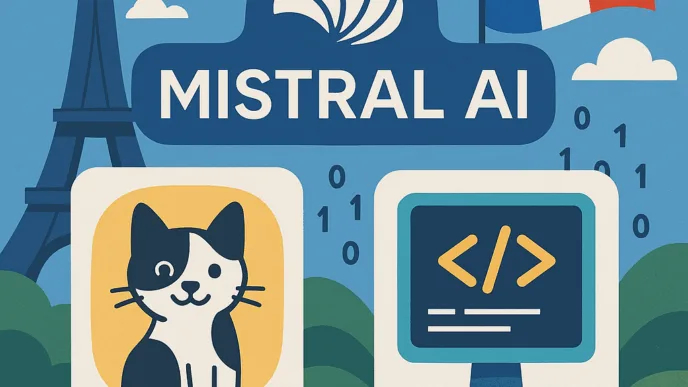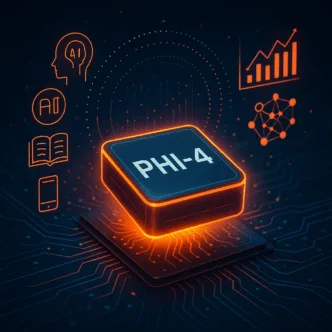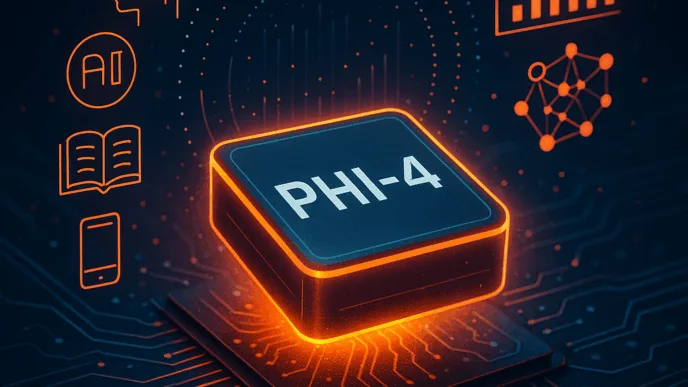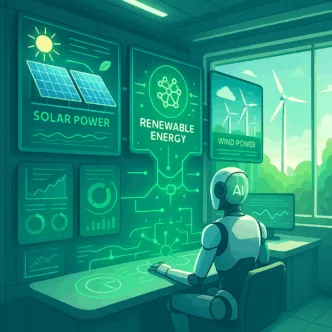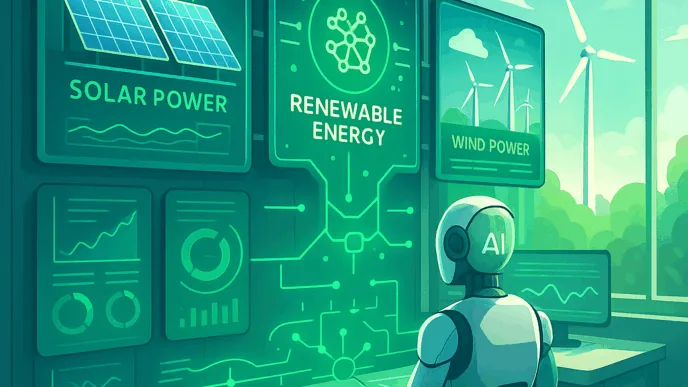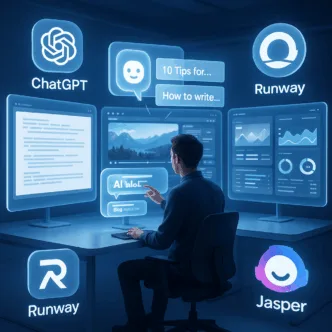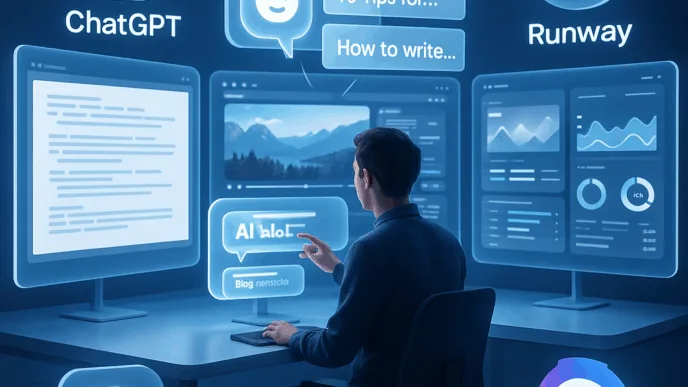🧬 AI in Genomics Research: Unlocking the Blueprint of Life with Machine Learning
The integration of AI in genomics research is rapidly transforming our understanding of life at the molecular level. By decoding complex DNA sequences with machine learning, researchers are now able to predict genetic diseases, identify mutations, and customize treatments like never before. This synergy between biology and artificial intelligence is driving a new era of precision medicine, faster diagnostics, and scalable genome analysis.
🧠 How AI Is Revolutionizing Genomic Data Analysis
Genomics generates massive volumes of data—so much that traditional tools struggle to keep up. AI algorithms help by:
- Detecting mutations and genetic markers with high precision
- Predicting disease risks based on genomic patterns
- Reducing time and cost of sequencing with deep learning models
- Automating annotation and classification of genes
Companies like Illumina and Deep Genomics are using AI to decode genomes in a fraction of the time it once took.
🧪 Personalized Medicine Powered by Genomic AI
With AI, healthcare is becoming deeply personal. Instead of one-size-fits-all treatments, doctors can:
- Design therapies based on a patient’s unique DNA
- Use AI to simulate drug-gene interactions
- Anticipate adverse drug reactions using genetic profiles
- Improve cancer treatment targeting via tumor genomics
This has significant impact on oncology, rare disease treatment, and even mental health.
🧬 AI Tools Making a Difference in Genomics
Some leading AI platforms for genomics research include:
- AlphaFold by DeepMind – predicts protein structures with near-lab accuracy
- Enformer – deep learning model for predicting gene expression from DNA
- Genoox – real-time genomic interpretation using AI
- Google DeepVariant – improves variant calling in DNA sequencing
These tools are accelerating discovery in both academic and clinical environments.
🌍 Ethical Implications and Data Privacy
AI in genomics isn’t just a technical breakthrough—it raises ethical questions:
- Who owns genetic data?
- Can insurance companies misuse genetic risk predictions?
- How do we protect data in AI training sets?
Ensuring transparency, consent, and regulatory oversight is crucial as genomics-AI integration grows.
🔗 Internal Links
- AI in Renewable Energy Management
- AI Art Revolution: How Artificial Intelligence is Transforming Creativity






